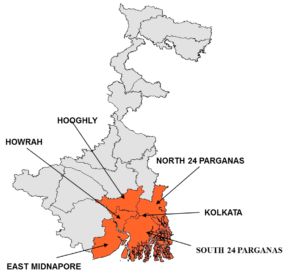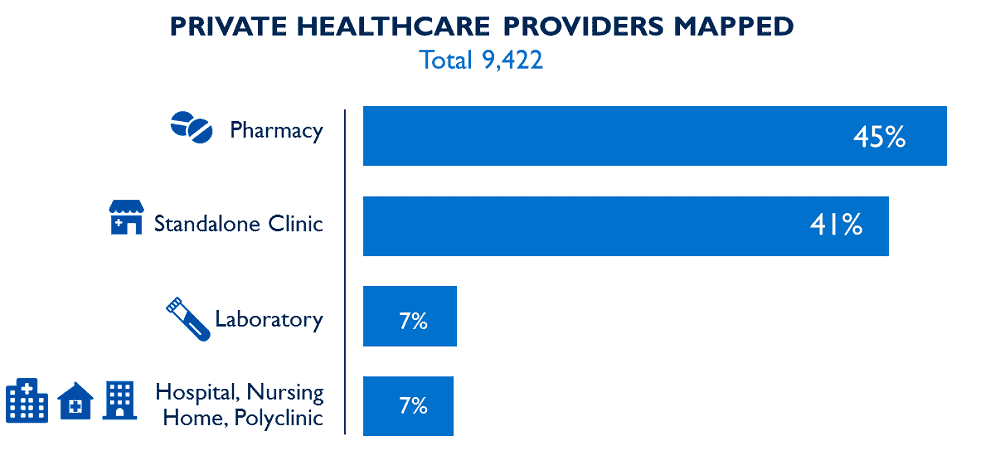Tackling TB among India’s Urban Populations
March 28th, 2018 | viewpoint
In March 2018, India’s Prime Minister Modi delivered a keynote speech at the Delhi End TB Summit reaffirming his government’s commitment to end TB by 2025—five years ahead of the Sustainable Development Goal targets. He stressed the need for all partners to come together to end TB regionally and globally.
If we end TB in India, the world will have a better chance of ending it globally as India carries the world’s greatest burden of TB,” said PM Modi. “If we make a village in India TB free, then a city and then another, we will achieve the target of ending TB in India.”
India has the highest burden of both TB and multi-drug resistant (MDR) TB. In 2016, India’s TB incidence was approximately 2.8 million cases; and nearly half a million people died of the same.[1] Approximately 1.8 million TB patients were notified, meaning they were diagnosed and reported in the national surveillance system. More than 76,000 of these patients were pediatric cases.

Through the USAID-supported Tuberculosis Health Action and Learning Initiative (THALI), JSI India, in collaboration with World Health Partners and Child in Need Institute, is developing holistic approaches to TB control efforts across six health districts in West Bengal, India. The consortium is tasked with identifying, applying, and scaling innovative approaches to address TB and MDR-TB, especially among underserved urban slum dwellers and other low-income populations. Within the consortium, JSI India leads activities focused on monitoring, evaluation and learning, capacity development, and supply chain management.
Private providers can often be fragmented and not connected to the larger health system. Mapping the private providers is essential to identifying those who can be engaged to improve service delivery and treatment adherence. JSI India used GPS to conduct a location-wise GIS mapping of all private and charitable health facilities, including hospitals, standalone clinics, pharmacies, and laboratories providing TB care and treatment services. Overall, 9,422 healthcare facilities were mapped. Pharmacies represented 45 percent of the total number as shown below.

The data from provider mapping was converted into a directory which, along with district-specific geo-maps, has been shared with the Government of West Bengal to help them more effectively engage with the private sector in line with the government’s public-private partnership strategy to control TB.
The THALI consortium has contributed to building the capacity of more than 1,400 public and private sector health providers. In addition, JSI India has implemented the following mechanisms within THALI to strengthen the efforts of the Government of West Bengal in controlling TB:
As a result of these and other efforts by the consortium, THALI-supported private sector clinics contributed to over half (57 percent) of all TB notifications by the private sector in West Bengal during a 19-month period from 2016–2017.
Over the next year, the THALI project will actively work with the state health department, support efforts with system strengthening initiatives, and transfer tools, resources, knowledge, and skills to ensure project sustainability. The project will also work toward ending TB in West Bengal and India.
[1] India TB Report, 2018. Revised National TB Control Programme: Annual Status Report. https://tbcindia.gov.in/showfile.php?lid=3314
Written by Niraj Agrawal, Vivek Sharma, and Nairita Chaudhuri
We strive to build lasting relationships to produce better health outcomes for all.